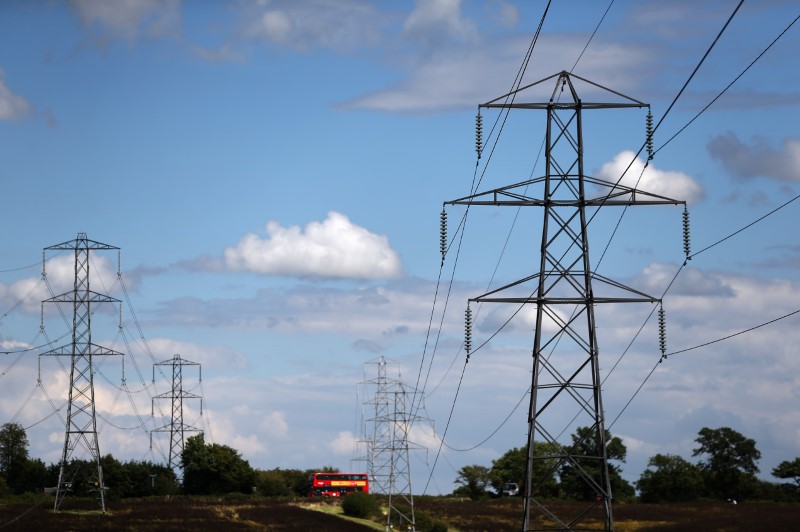LONDON (Reuters) - Centrica (L:CNA), Britain's biggest domestic electricity and gas supplier, urged the government on Thursday to be more imaginative in its approach to restructuring the market, saying plans to cap prices would lead to less competition and less choice.
Prime Minister Theresa May stunned the industry on Wednesday when she announced a plan to impose price caps on standard variable tariffs, the basic rate that energy suppliers charge if a customer does not opt for a specific fixed term deal. Around 70 percent of households are on SVTs.
Centrica boss Iain Conn said he understood that the market needed further restructuring but added that instead the regulator should scrap SVTs altogether, forcing the industry to work harder to win new customers through competition.
"We do agree the market needs further structural changes," he told BBC Radio. "We just don't support price caps. There is clear evidence that they don't work, in New Zealand, in Spain, in California, in Ontario. They tend to limit choice, reduce competition and prices tend to bunch around the cap."
"The main problem with the market is the standard variable tariff, and rather than cap them ... we believe the standard variable tariff should come to an end, for good."
Energy bills have doubled in Britain over the past decade to an average of about 1,200 pounds a year, putting the biggest providers in the sights of politicians.
The market is dominated by the so-called big six providers -- Centrica's British Gas, SSE (L:SSE), Iberdrola's (MC:IBE) Scottish Power, Innogy's npower (DE:IGY), E.ON (DE:EONGn) and EDF Energy (PA:EDF), which account for about 85 percent of the retail electricity market.
Scottish Power and E.ON have also called for the SVTs to be scrapped.
May's proposal sent shockwaves through the industry on Wednesday, wiping millions of pounds off the value of the companies' share prices.
But Business Secretary Greg Clark said on Thursday the government had had no choice but to act, due to the high prices in the sector.
"A lot of people see themselves as loyal customers and because the companies know that they're loyal ... they are overcharging them," Clark told Sky News.

"Faced with that evidence, I think you've got a duty to act.